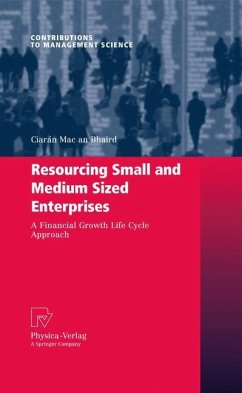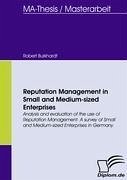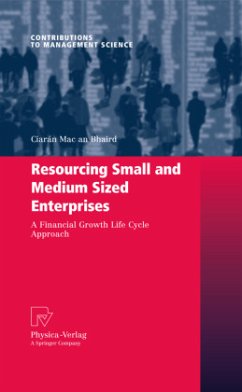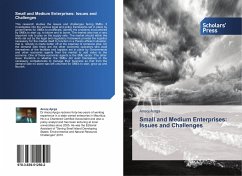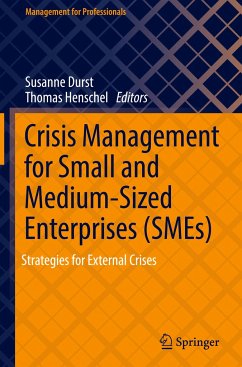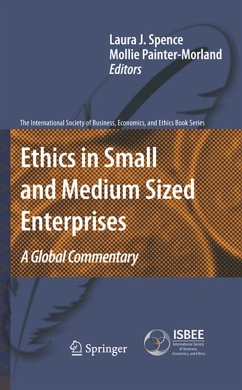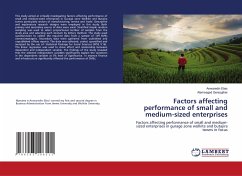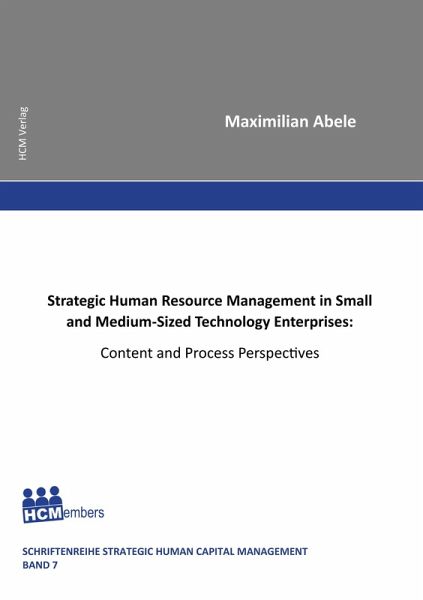
Strategic Human Resource Management in Small and Medium-Sized Technology Enterprises: Content and Process Perspectives
Versandkostenfrei!
Versandfertig in 1-2 Wochen
29,90 €
inkl. MwSt.

PAYBACK Punkte
0 °P sammeln!
Human resource management (HRM) research indicates that HRM activities have a positive impact on organizational performance. However, most studies employ data sets from large and established firms and while neglecting the backbone of most economies: Small and medium-sized enterprises (SMEs). This dissertation deals with the role of HRM in emerging SMEs. Emerging SMEs have lower survival changes than established firms, lack organizational legitimacy, are organizationally less complex and more vulnerable to external forces. By incorporating an HRM system perspective, this dissertation advances t...
Human resource management (HRM) research indicates that HRM activities have a positive impact on organizational performance. However, most studies employ data sets from large and established firms and while neglecting the backbone of most economies: Small and medium-sized enterprises (SMEs). This dissertation deals with the role of HRM in emerging SMEs. Emerging SMEs have lower survival changes than established firms, lack organizational legitimacy, are organizationally less complex and more vulnerable to external forces. By incorporating an HRM system perspective, this dissertation advances the knowledge about how emerging firms design and enact HRM systems. Specifically, the first study examines the employment models that owner-managers of emerging SMEs use to attract, retain, and control employees. Theoretically, this paper builds on the configurational view and the notion of equifinality, i.e., different types of HRM systems can be equally effective, and different elements synergistically complement each other. The second study analyzes the effects of formal vs. informal HRM practices on SME performance. Building on organization theory, it argues that informal HRM practices are a better fit with the organic organizational design of most emerging SMEs. The third study addresses the value added of an HR department in emerging SMEs. It contributes to the literature on the HR function, the enactment of HRM systems, and their joint performance consequences.





